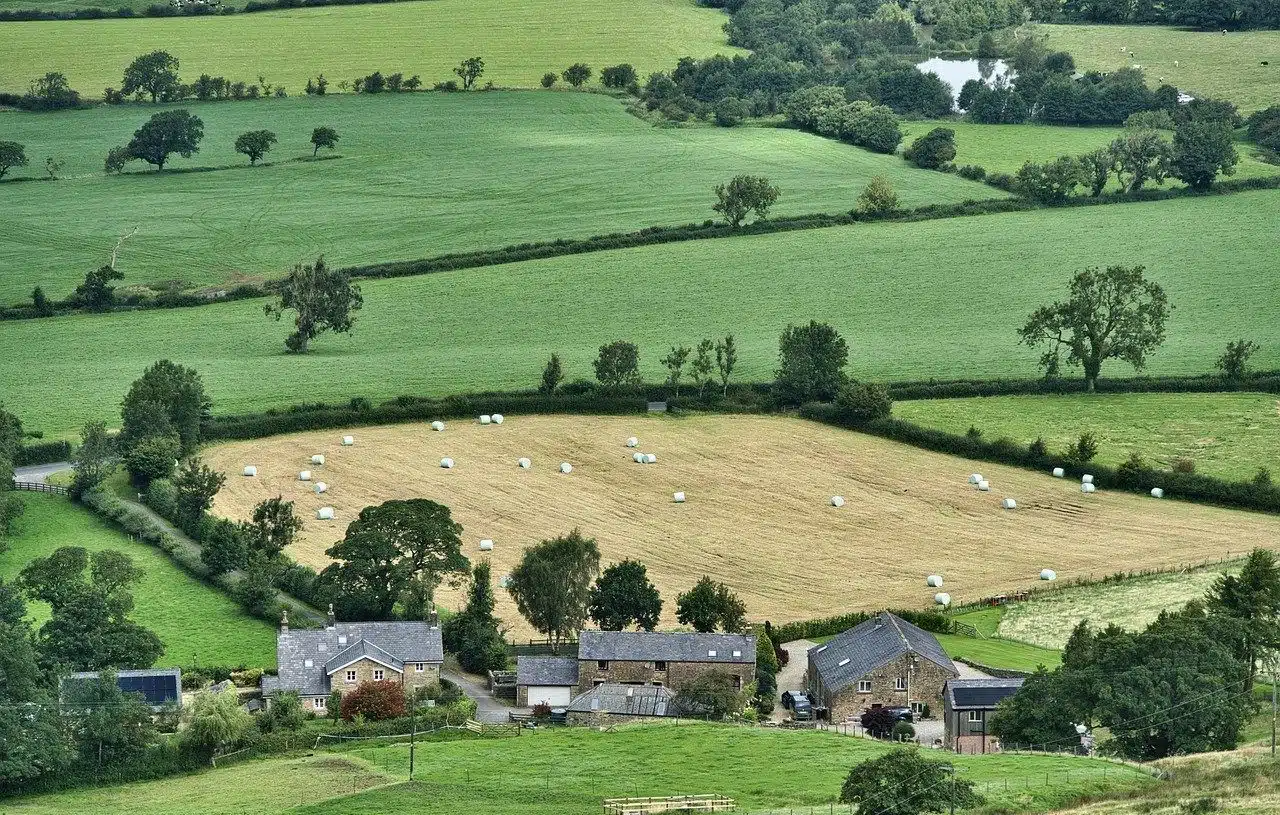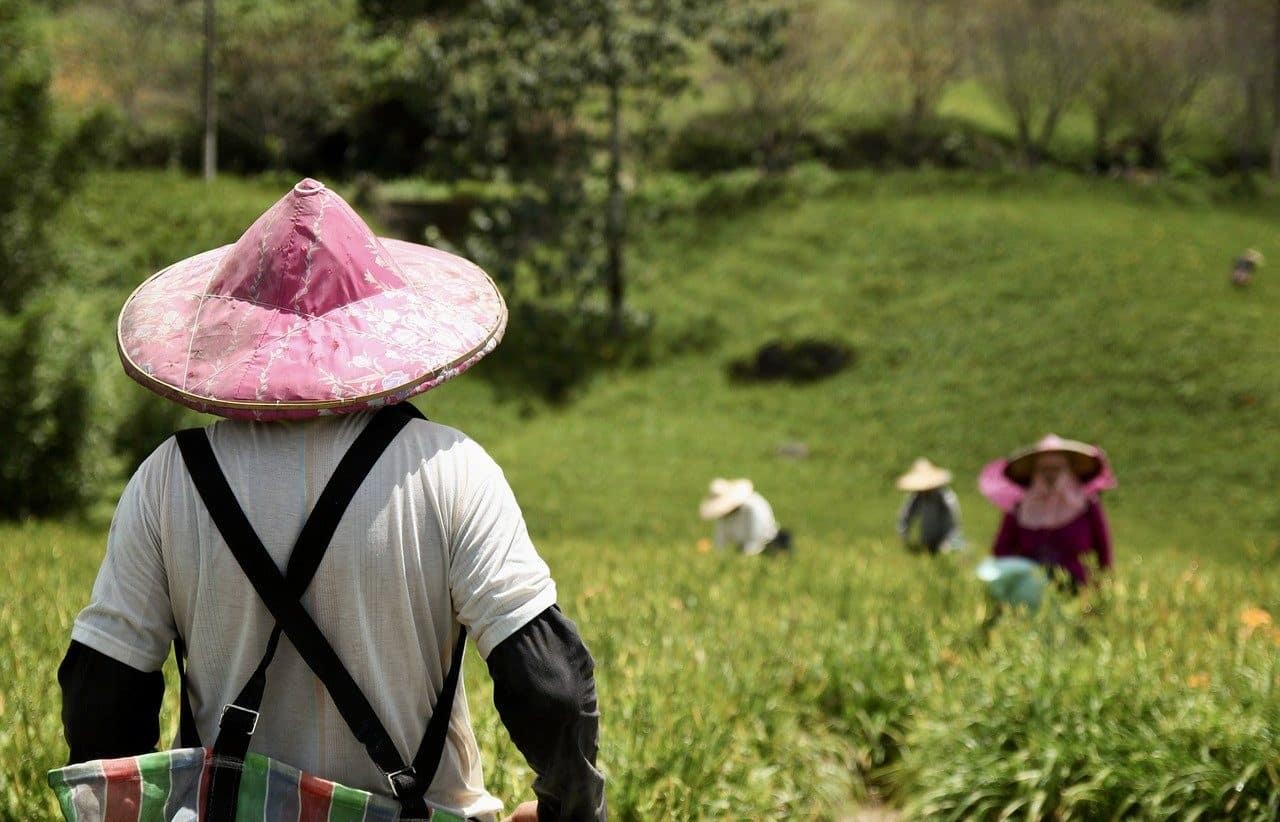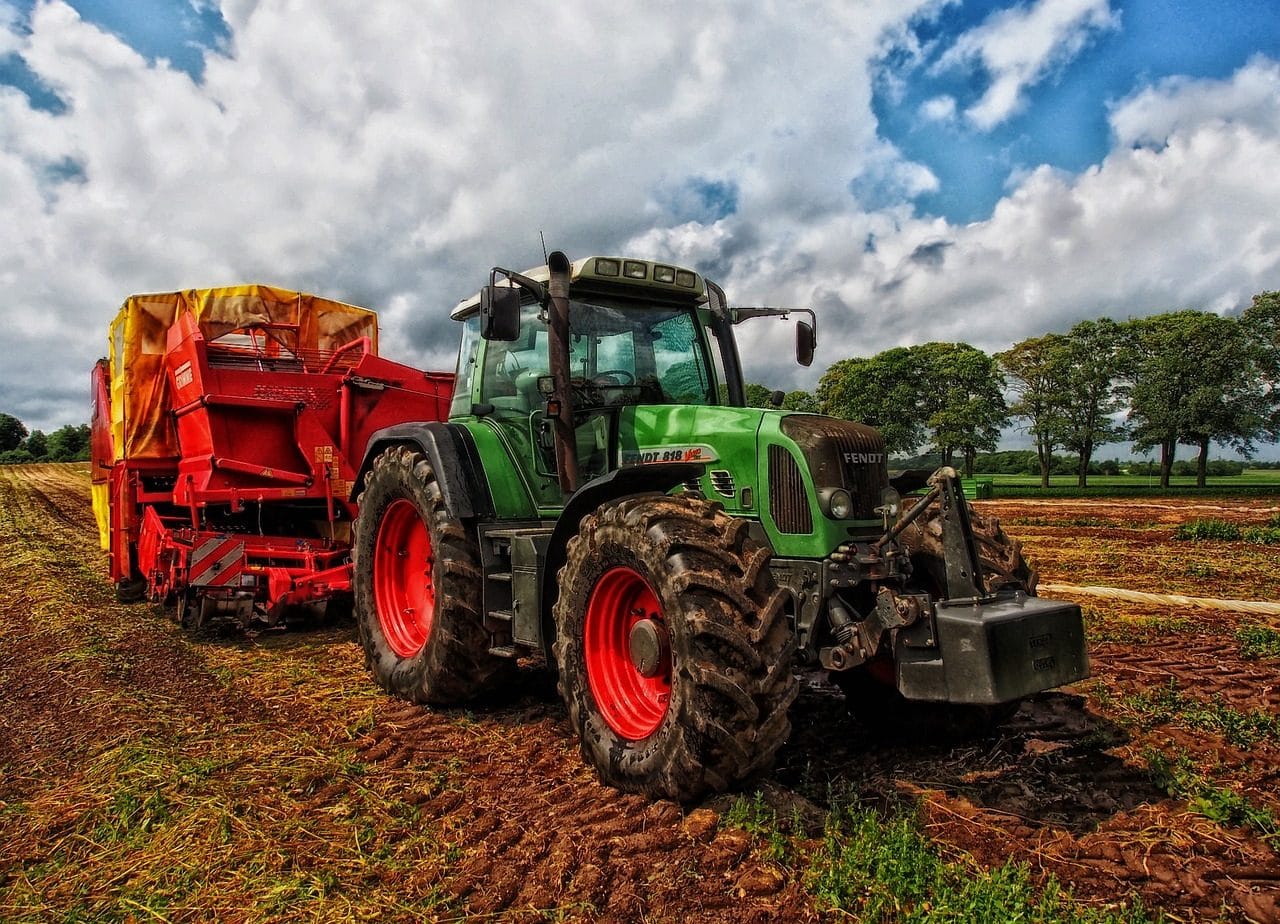
Rural development is essential to improve life and the economy in the countryside.
Rural development refers to a set of strategies and actions aimed at improving the quality of life and economic conditions in rural areas. This includes the promotion of sustainable agriculture, access to basic services such as education, health and infrastructure, economic diversification, and environmental protection. The main objective is to reduce poverty and inequality, promoting inclusive and sustainable growth in rural communities.
Importance of rural development
Rural development is crucial for various reasons that impact both locally and globally. Below are some of the most important aspects:
- poverty reduction : improving living conditions and generating economic opportunities helps raise the standard of living in rural communities;
- Food security : Rural areas are often the heart of agricultural production. Promoting rural development contributes to food security both locally and globally, ensuring a constant and sustainable supply of food;
- sustainable development : sustainable agriculture and livestock practices, as well as the conservation of natural resources and the sustainable management of livestock, are essential for ecological balance and climate change mitigation;
- economic diversification : the development of rural infrastructure together with training and support for communities promotes economic diversification. This reduces the exclusive dependence on agriculture and opens new opportunities in sectors such as rural tourism, rural crafts and services;
- improvement of infrastructure and services : rural electrification, road construction, rural education, internet access and rural health. This significantly improves the quality of life and opportunities for residents;
- social and territorial cohesion : promoting rural development helps reduce disparities between urban and rural areas. This is important for the stability and balanced development of a country;
- empowerment : involving communities in the development process strengthens social capital and fosters the empowerment of rural women but also of other individuals. This promotes active participation in decision-making and in the implementation of projects that affect their lives.

Food and the environment depend largely on agriculture and agribusiness.
Agriculture and agribusiness
Agriculture and agroindustry are fundamental pillars for rural development, not only for their capacity to generate employment and income, but also for their contribution to food security and environmental sustainability.
Young people in agriculture
The incorporation of young people in agriculture is essential to guarantee generational change and innovation in the sector. However, this requires modernizing agricultural practices and offering attractive opportunities . Precision agriculture, which uses advanced technologies to improve efficiency and productivity , is a tool that can capture the interest of young people, providing them with a field of action where they can apply their technological knowledge and contribute to rural development.
Family farming
The basis of the rural economy in many regions of the world. These farms, often family-run, are crucial to the food security and sustainability of rural communities. Promoting policies that support family farming , such as access to local markets, agricultural training and agricultural credit , is essential for rural development.
Urban agriculture
The practice of growing, processing, and distributing food in or around urban areas. This modality not only improves food security in cities, but also connects citizens with agriculture, encourages entrepreneurship and reduces the carbon footprint associated with food transportation. In addition, it can be a way for young people to become interested in agriculture through innovative and sustainable projects.
Genetic improvement in agriculture
Through techniques such as marker-assisted selection and genetic editing, it is possible to develop crops that are more resistant to pests, diseases and adverse climatic conditions. These innovations are crucial for low-carbon agriculture and regenerative agriculture, promoting practices that minimize the use of chemical inputs and restore soil health.
Vertical farming
An innovative way to grow plants in vertically stacked layers, using controlled indoor growing systems. It allows food production in small spaces and in any environment, minimizing dependence on climatic conditions and the use of agricultural land.
Low carbon and regenerative agriculture
Low carbon agriculture seeks to reduce greenhouse gas emissions through sustainable practices such as: efficient use of fertilizers, soil conservation, recycling and organic waste management. On the other hand, regenerative agriculture focuses on restoring and improving soil health, increasing its capacity to retain carbon and water , and promoting biodiversity . Both practices are essential to combat climate change and ensure the long-term sustainability of the agricultural sector.
Risk management in agriculture
Strategies to mitigate the effects of adverse events such as droughts, floods, pests and price fluctuations. Crop diversification, use of agricultural insurance and adoption of monitoring technologies are some of the measures that can help farmers manage these risks. Integrating these approaches with precision agriculture and genetic improvement can strengthen the resilience of rural communities to climate and economic challenges.

Thanks to microfinance, many farmers can develop their businesses.
Dynamics of rural development
Rural development is based on a series of practices and policies that seek to improve the quality of life of rural communities, promote economic equity and guarantee environmental sustainability. Below, several concepts are explored that are fundamental to promoting rural development in a comprehensive and sustainable manner.
Agricultural economics and community development
The agricultural economy is the main driver of rural development, as most rural communities depend on agriculture for their livelihood. An approach focused on community development seeks to strengthen local capacities , promoting the active participation of inhabitants in decision-making and in the implementation of projects that improve their well-being and generate income.
Agricultural cooperatives and producer associations
They are effective forms of community organization that allow farmers to come together to obtain better prices, access inputs and technology, and improve their bargaining power. These entities also facilitate the implementation of sustainable practices and the equitable distribution of benefits , which is essential for rural development.
Rural entrepreneurship and development of local products
Rural entrepreneurship is key to diversifying the local economy and reducing dependence on traditional agriculture. Supporting it in the creation of innovative products and services, based on local resources, can stimulate economic development and job creation, add value to raw materials, promote cultural identity and attract tourism.
Microfinance and financial inclusion
Microfinance provides small loans, insurance and other financial services to farmers and rural entrepreneurs who would not otherwise have access to them. This is guaranteed by financial inclusion so that all people, regardless of their income level, can invest in their businesses and improve their quality of life.
Fair trade and agricultural policies
Fair trade is an approach that ensures that producers receive fair prices for their products, improving their income and working conditions. Agricultural policies, for their part, must be designed to support small and medium farmers, promoting sustainable practices and ensuring that agricultural subsidies are distributed equitably and efficiently.
Rural bioeconomy
It focuses on the sustainable use of biological resources for the production of food, energy and industrial products. This strategy not only encourages innovation and efficiency, but can also generate new economic opportunities in rural areas, promoting sustainable development and the creation of green jobs.
